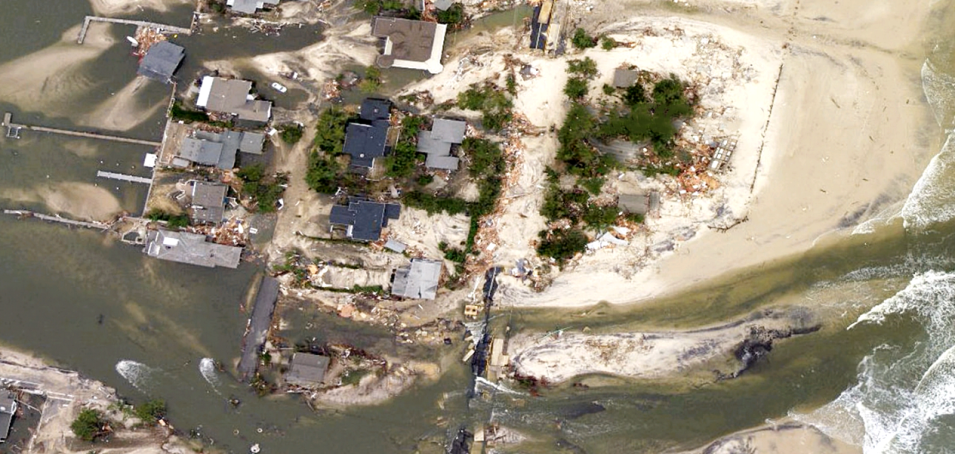NASA has troves of data that are useful to people who study, manage, and protect coastal zones in the United States and around the world. To help these users access and employ NASA data in their work, the agency recently funded a proposal from Virginia Tech and Old Dominion University to conduct a workshop and study to understand data needs and identify barriers to using NASA data.
The four-day workshop in September 2023 was called UNBOUND for Coastal Issues (UNBOUND CI) and was funded by NASA's Understanding Needs to Broaden Outside Use of NASA Data (UNBOUND) project. UNBOUND aims to help groups who might not currently use or significantly use NASA Earth science data to begin or increase their use of these data. A report on the workshop's activities and key recommendations is now available.
"NASA has been happy to support this workshop and has gained valuable insights from it," said Dr. Gerald Guala, NASA UNBOUND project leader. "This workshop, more than any other UNBOUND workshop, emphasized the need for NASA to be delivering more and more comprehensive GIS-ready data to aid in decision making with respect to broadly impactful issues such as sea level rise and coastal resilience."
UNBOUND CI included 28 participants working in research, academia, government, community organizations, and other groups addressing coastal zone management, flood risk management, sea-level rise, and subsidence issues. During the workshop, participants listened to presentations from field experts and NASA Earth Science Data Systems (ESDS) Program representatives, participated in break out room activities, and completed homework assignments and surveys.
"It was clear that participants have considerable enthusiasm for the wealth of data provided by NASA," said Dr. Wendy Stout, a Virginia Tech researcher and UNBOUND CI's principal investigator. "For example, in the breakout group that I led, each introduction of a new resource spurred innovative ideas on how to incorporate the data into their professions. But, despite the participants' enthusiasm for engaging with NASA technologies, users at times encountered frustrations while navigating different datasets and experienced difficulties in locating data or determining a starting point for their data search."
Stout and the UNBOUND CI team analyzed the work and comments from the workshop participants and compiled them into five key recommendations:
- Develop a centralized landing page for NASA resources: A centralized landing page would offer an intuitive entry point for users and serve as an extensive repository for NASA resources and functionalities.
- Invest in artificial intelligence for an enhanced user experience: Add a natural language processing chatbot to assist users with website navigation.
- Increase accessibility to data: Participants expressed the desire for more integration with data programs they are already familiar with using, such as the ArcGIS Living Atlas of the World.
- Enhance regional and occupational relevance: Tailor NASA applications to suit the specific demands of users from diverse regions and occupational requirements, such as incorporating NASA's DEVELOP project themes as filtration possibilities for NASA applications.
- Incorporate training pedagogy into workshops: Develop a speaking series, workshop, or modular program that incorporates pedagogical components to enable independent learners to replicate the model to their colleagues, students, peers, or other audiences.
ESDS will take these recommendations and other details from the report and use the information to strategize the next steps for tailoring its Earth science data websites, products, training, and presentations for coastal zone work and applications. Reports from previous UNBOUND workshops are available on the Earthdata UNBOUND landing page.
